Entry Category: Agricultural Issues and Controversies
Agricultural Wheel
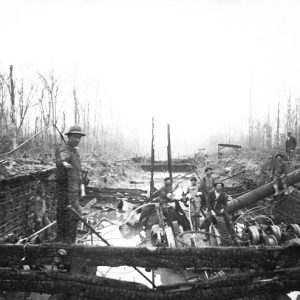 Dredging Project
Dredging Project
Drought of 1930–1931
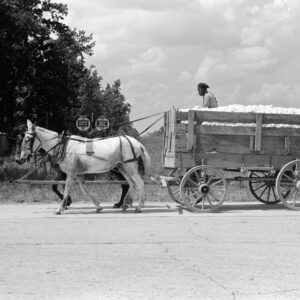 Hauling Cotton
Hauling Cotton
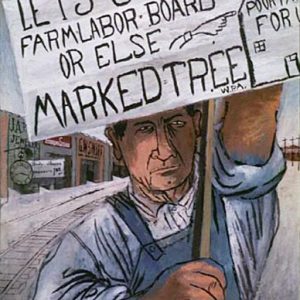 Lest We Forget by Ben Shahn
Lest We Forget by Ben Shahn
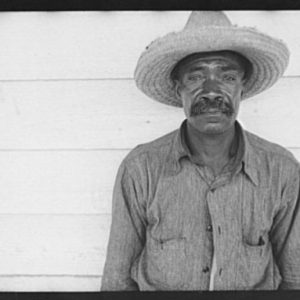 Sharecropper
Sharecropper
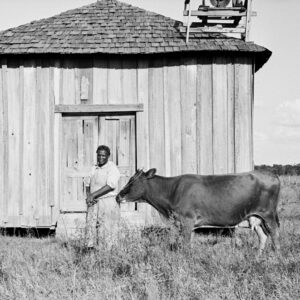 Sharecropper House
Sharecropper House
Sharecropping and Tenant Farming
Sunnyside Plantation
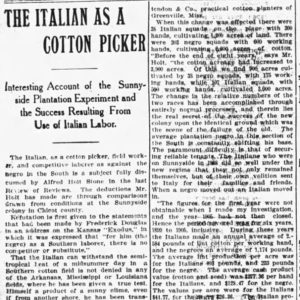 Sunnyside Plantation Article
Sunnyside Plantation Article
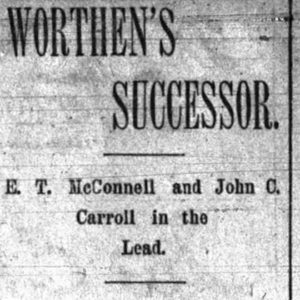 Sunnyside Plantation Convict Labor Article
Sunnyside Plantation Convict Labor Article
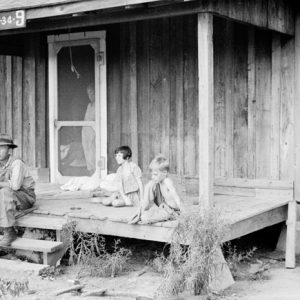 Wilson Plantation Sharecroppers
Wilson Plantation Sharecroppers




